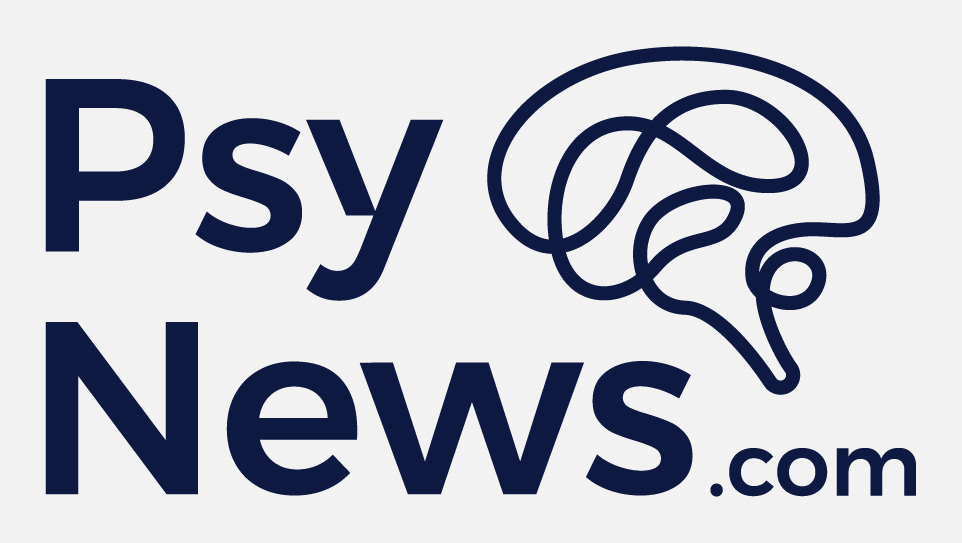By Tessa Eskin
Big Pharma is at a crossroads. The industry’s business model relies largely on returning customers for its revenue, especially when it comes to medication for mental health disorders. To this day, there are no pharmaceutical cures for disorders such as depression, anxiety, PTSD, and substance abuse. There is simply a large array of medications designed to curb the symptoms of these disorders. One might conclude that there is no cure for mental illness. But that’s only because the global pharmaceutical industry was either looking in the wrong places, or not looking at all.
In contrast, the latest research from the psychedelic sphere focuses heavily on long-lasting relief from mental health issues. These trials have proven that psychedelic-assisted therapy not only eases the symptoms of such disorders, but in some cases, can cure them altogether.
Easing the Troubled Mind
Psychedelic medicine is about to hit a tipping point. European and North American regulators have eased restrictions on MDMA-assisted psychotherapy for PTSD, as well as psilocybin for depression. The FDA recently granted both treatments Breakthrough Status, broadening access to patients and lowering restrictions for further clinical trials.
Meanwhile, LSD, psilocybin, and ayahuasca have successfully assisted people with substance abuse disorders and end-of-life anxiety in terminal cancer patients. Ketamine is also proving itself as a fast-working antidote for depression, meeting the urgency and desperation of chronic, treatment-resistant patients. And although Johnson & Johnson’s ketamine-related Spravato was recently approved, the rest of the industry appears to be twiddling its thumbs.
Investor interest in psychedelic treatment is on the rise, with high-profile investors endorsing the burgeoning market. Investment capital has flowed into every corner of the sector, propelling continued clinical breakthroughs and media interest. The resulting science steadily whittles away at the roadblocks psychedelic research has encountered for decades.
All this will likely result in a significant disruption of Big Pharma’s monopoly on psychiatric medication. In fact, psychedelics will likely replace anti-depressants within five years. That is – unless Big Pharma starts investing in viable, long-lasting relief for patients instead of relying on returning business.
So, the real question is…
Why is Big Pharma Sleeping on Psychedelics?
Over the last five years, medicinal psychedelics have made incredible strides in the face of strict regulations and stigma. Meanwhile, existing drug therapies for depression, addiction, and PTSD have failed to produce real and lasting results.
Roughly two-thirds of U.S. veterans suffering from PTSD have reported dissatisfaction with current treatments. Two-thirds of Americans with depression don’t even bother with treatment because common medications are largely ineffective. Anti-depressants take weeks or months to kick in – if they do at all. Even then, they come with a daunting list of side effects and also add to the risk of addiction.

But it gets worse. Antidepressants like Trintellix come with a warning for suicidal thoughts and actions. So do Zoloft and Xanax, both addictive medications. These treatments are meant to ease depression and anxiety – not exasperate them! And conventional drugs like these come with a life sentence of permanent use.
In a perfect world, we might imagine that Big Pharma would invest in more effective, humane treatments for mental illness. But in reality, multinational pharmaceutical companies have settled in comfortably – cutting R&D by 70% in 10 years. They appear to have abandoned forward movement on mental health treatments altogether.
Why would they choose not to invest in proven psychedelic therapeutic medicines? The reason is that Big Pharma has little actual interest in curing people. A minimal dosage, long-term effective treatment model for mental health disorders would mean losing the cornerstone of their business: returning customers.
Huge pharmaceutical corporations rely on sick people remaining sick, to their own detriment. In addition, Big Pharma is also facing a patent cliff as many of their patents are starting to expire. With no new development for mental health treatments, the industry is losing revenue, customers, and public confidence.
Left On The Shelf
The playing field is open, the landscape has shifted, and the world is demanding long-lasting solutions for mental illness. The global pharmaceutical industry failed to meet this demand, while the psychedelic sector stands primed to deliver.
We can safely assume the next working treatment for mental health disorders is not going to come from Big Pharma. But that doesn’t mean the industry will take it lying down. Rather than get left behind, they may do everything in their power to maintain the status quo of their purely profit-oriented principles – preventing patients from getting the help they need in the process. That said, Big Pharma made similar attempts with cannabis, now a booming independent industry despite the many obstacles thrown in its way.
If Big Pharma doesn’t want to get left behind, they will have to change their entire MO from the ground up. They’ll need to start investing seriously in research, patents, and distribution plans. And they would have to prioritize service to humanity before low-hanging revenue. No one should be holding their breath on that one, but if anything – maybe psychedelics will be the push to get them thinking about it.
The post Why Isn’t Big Pharma Jumping Into Psychedelics? appeared first on PsyTech.






